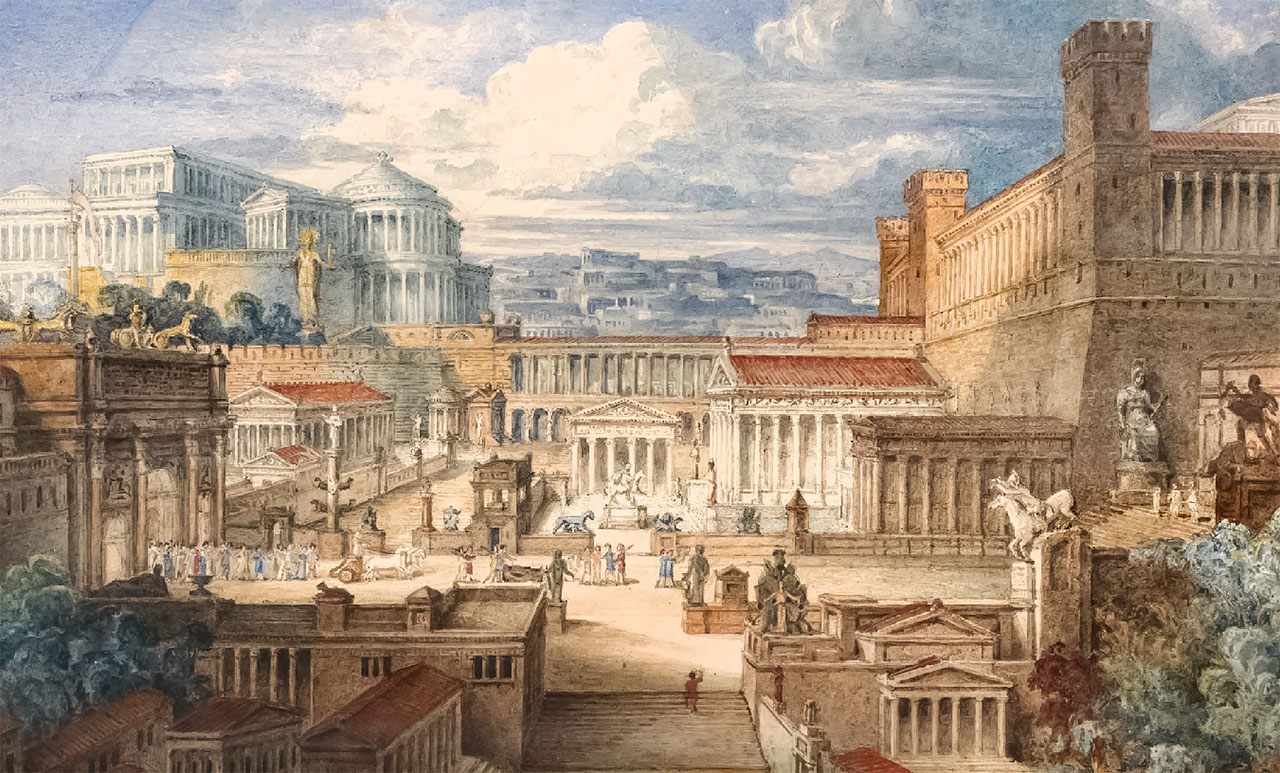Roman Empire, Rise and Fall, Pax Romana, Julius Caesar, Augustus, Legacy, Cultural Exchange, Decline and Fall.
Introduction
In the annals of history, few empires have left as profound a mark on civilization as the Roman Empire. Its rise from a humble city-state to a global superpower and subsequent decline offer invaluable insights into the dynamics of power, governance, and societal evolution. Join us as we embark on a journey through the corridors of time, unraveling the epic saga of the Rise and Fall of the Roman Empire.
The Rise: From Republic to Empire
The story of Rome’s ascent to greatness begins in the 8th century BCE when it was but a small settlement on the banks of the Tiber River. Through shrewd diplomacy, military prowess, and strategic alliances, Rome gradually expanded its influence across the Italian peninsula. The transition from a republic to an empire was marked by the rise of iconic figures like Julius Caesar and Augustus, who centralized power and ushered in an era of unprecedented prosperity known as the Pax Romana.
Cultural Hegemony and Engineering Marvels
At its zenith, the Roman Empire stretched from Britain to Egypt, fostering cultural exchanges, trade networks, and technological innovations that would shape the course of history. Roman law, language, and governance became the foundation upon which modern Europe was built. Engineering marvels such as aqueducts, roads, and monumental structures like the Colosseum stand as enduring testament to Roman ingenuity and ambition.
Challenges and Decline
However, no empire is immune to the forces of change and adversity. Internal strife, economic instability, and external threats from barbarian invasions hastened Rome’s decline. The once-mighty empire began to unravel from within, beset by political corruption, social unrest, and military overextension. The sack of Rome by Visigoth invaders in 410 CE and the eventual fall of the Western Roman Empire in 476 CE marked the end of an era and the dawn of the Middle Ages.
Legacy and Enduring Influence
Despite its collapse, the legacy of the Roman Empire endured, shaping the cultural, political, and legal landscape of Europe and beyond. Latin, the language of Rome, evolved into the lingua franca of scholarship and diplomacy for centuries. The Catholic Church, with its roots in the Roman Catholic Church, emerged as a dominant institution, preserving knowledge and providing a semblance of order in a chaotic world.
Conclusion
In the grand tapestry of human history, few chapters rival the epic saga of the Rise and Fall of the Roman Empire. From humble beginnings to global dominion, from triumph to tragedy, the story of Rome serves as a cautionary tale and a source of inspiration for generations to come. As we reflect on the lessons of the past, let us heed the echoes of history and strive to build a more resilient and just world for future generations.

